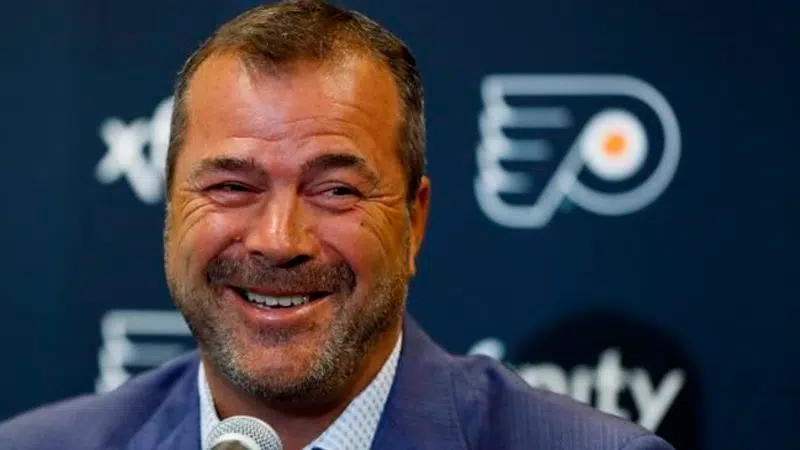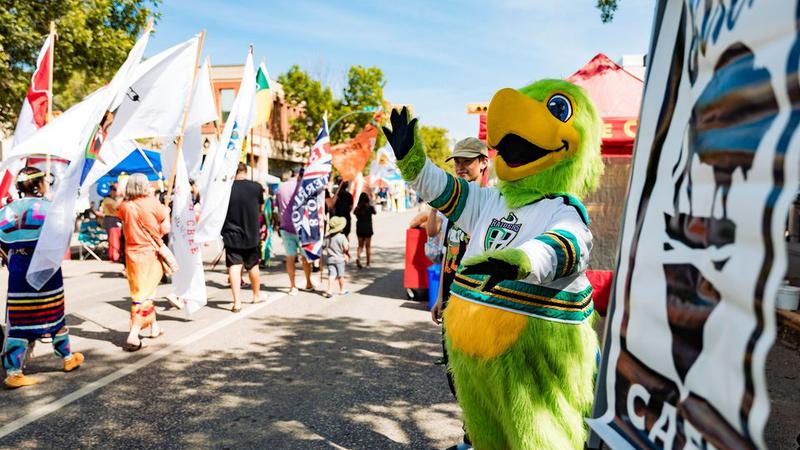
Vigneault takes the wheel for Canada at men’s world hockey championship
Alain Vigneault is back coaching in a big way after a winter of unemployment.
Vigneault is not only Canada’s head coach at the men’s world hockey championship starting Friday in Slovakia, but he’s also the newest coach of the NHL’s Philadelphia Flyers.
Those two appointments were announced in a span of five days last month.


